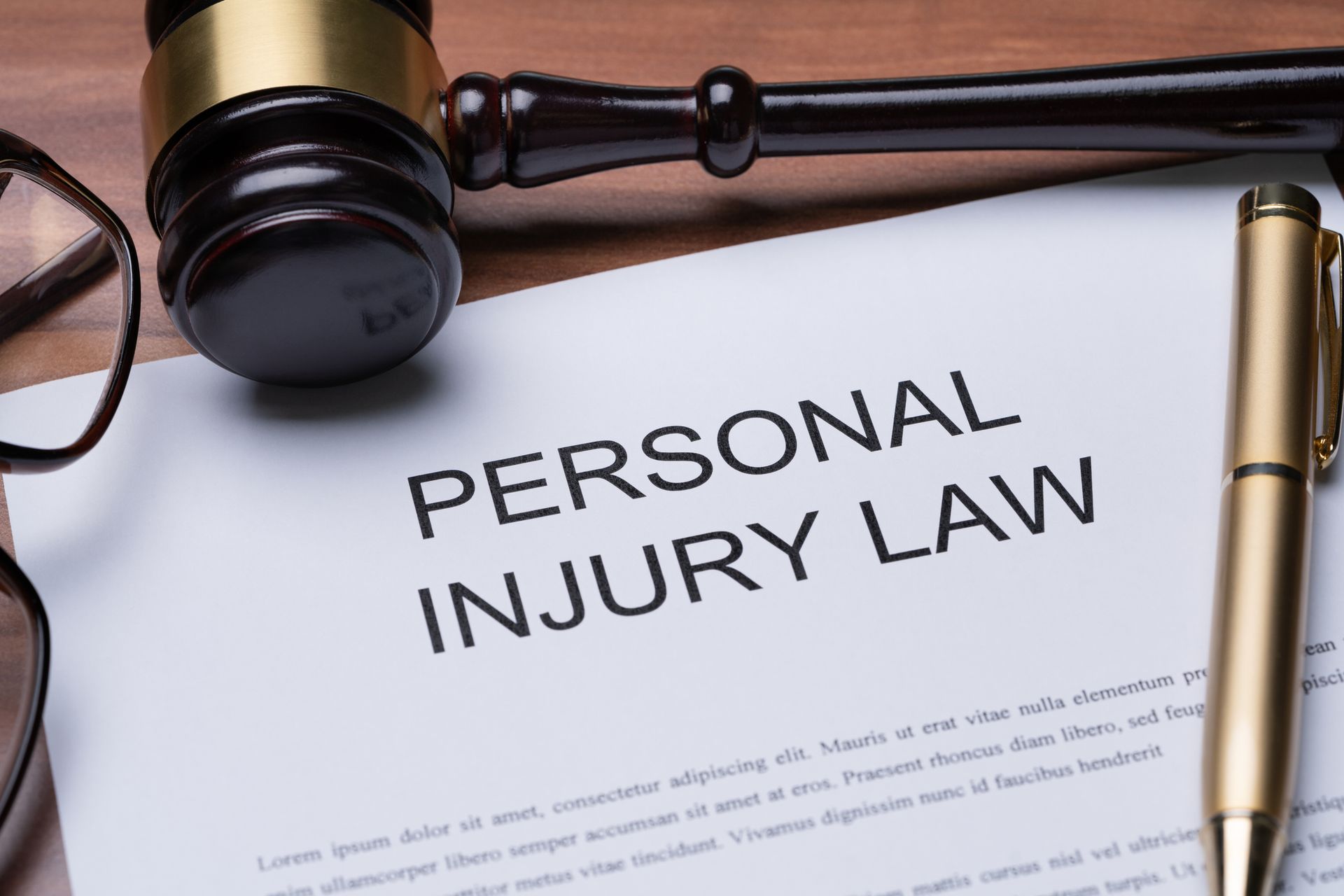Long-Term Versus Short-Term Disability Insurance
No one wants to become disabled for any amount of time, but accidents happen, which is why disability insurance is an option. Long-term and short-term disabilities can both destroy you financially if you aren't prepared. If you want to better protect yourself and your family's finances, keep reading to learn more about the differences between long-term and short-term disability insurance.
How Long Does Each Type of Disability Coverage Last?
Disabilities vary, and while some people may struggle for life, others may be expected to recover after only a few months. For example, if you broke both legs, you may be unable to work while they heal. However, your legs won't take years to heal, therefore, you'd need short-term disability coverage, which covers disabilities expected to last about three to six months or up to a year in certain situations.
Long-term disability insurance covers disabilities that are expected to last a year or longer (or they've already lasted a year or longer). People who receive long-term disability benefits may need benefits for five, ten, twenty years, or until retirement.
What Disabilities Are Usually Covered?
Naturally, disabilities that are covered under short-term disability are temporary and either go away on their own or respond well to treatment. Many short-term disability policies exclude mental illness, including depression and anxiety. However, covered conditions may include pregnancy, pregnancy complications, digestive orders, surgery recovery, and a short-term illness.
Long-term disability insurance, in turn, covers disabilities that can affect you for the rest of your life. This is where people with mental illness often turn when they are unable to work. It's also a great option for people with cancer. Many long-term disability claims are associated with musculoskeletal disorders like arthritis. Pregnancy may be covered if the mother has severe complications during and after the pregnancy.
How Much Is Disability Insurance?
The cost of disability insurance relies on many factors, such as age, profession, gender, and overall health. Typically, the older you are, the worse your health, or the more dangerous your job, the higher the premiums. In addition, premiums for women tend to be higher than premiums for men. Therefore, a woman nearing retirement with underlying health conditions working in light labor will pay more than a young, healthy male working in a professional setting.
Your age, however, is the biggest factor in determining your premium, so if you are 40 years old, expect to pay around $82, depending on other factors. However, just by waiting ten years, the premium boosts to $129 a month on average.
With long-term and short-term disability, expect to pay about 1-3 percent of your annual salary. Depending on your salary and how much coverage you want, you may pay between $25 and $500 a month. With short-term disability insurance, however, the cost may depend on whether you are covered by your employer or have access to a subsidized plan.
If you file for Social Security Disability, however, you won't pay a premium.
How Do You Get Covered?
Most people who want long-term disability coverage buy their own plan. However, employers often cover some or all the cost of short-term disability coverage. Even if your employer doesn't cover the entire cost, the premiums may be lower because of a group discount. Of couse, if your employer doesn't cover short-term disability, you can purchase it out-of-pocket too.
In nearly every case, you need to have short-term disability coverage before you are disabled. However, if you develop a long-term disability and have no insurance, you have an alternative: Social Security Disability benefits. This money is provided by the government for people who are unable to work due to a long-term disability. Social Security Disability benefits do not cover short-term disabilities.
Anyone can fall victim to a disability at any time. Depending on the expected length of the disability, you may be better suited for short-term or you may need long-term disability. If you would like to learn more, or if you need our help in fighting to get your claim approved, contact usat the Law Offices of James B. Gillespie, Jr., PLLC, today.





